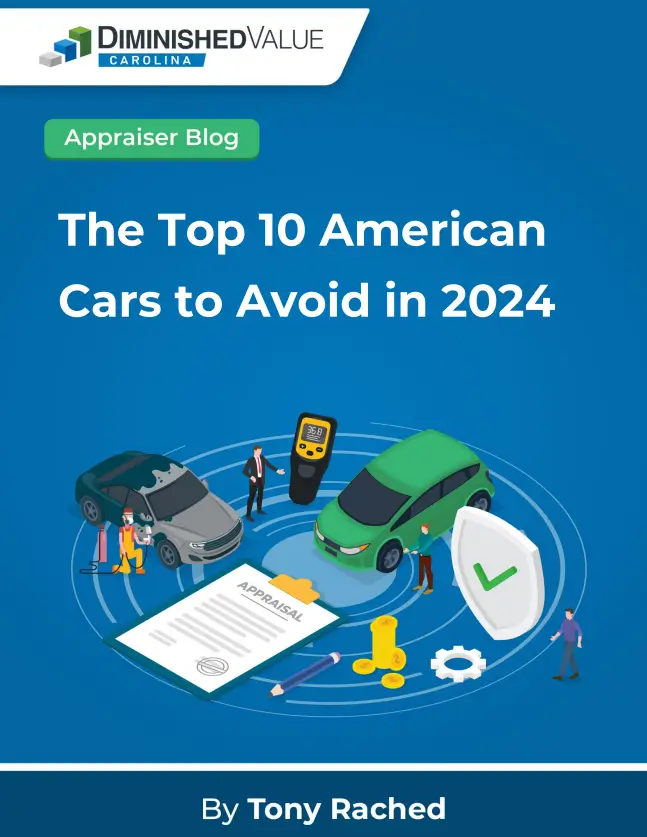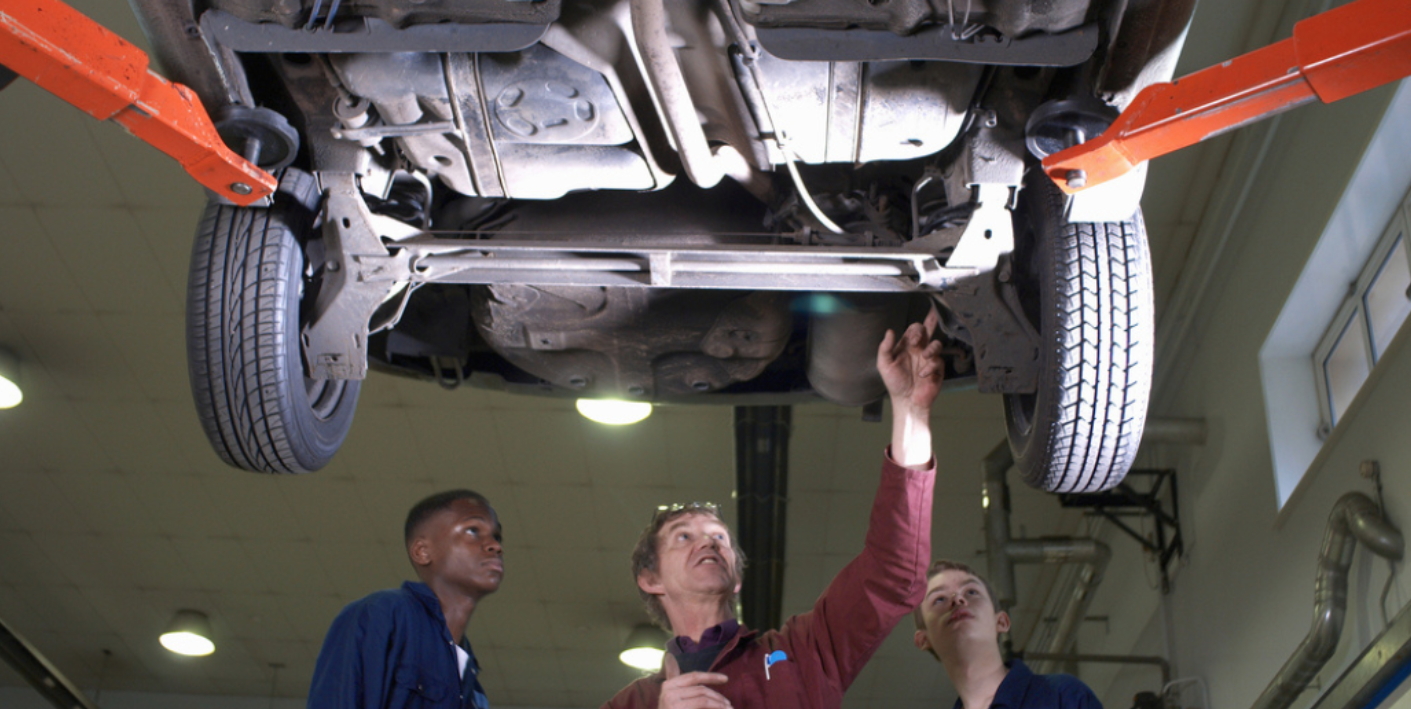Purchasing a car today is less of a gamble than in the past, thanks to abundant online resources. Services like Carfax allow instant access to a car’s history with just a VIN.
Yet, many buyers still end up investing heavily in vehicles plagued by performance and reliability issues.
The Top 10 American Cars to Avoid in 2024 (PDF)
Evolving Market, Growing Costs
The current auto market’s landscape has notably shifted, making car buying a significant financial commitment. Driven by soaring prices and increasing interest rates, choosing a vehicle now demands more than just a casual decision.
A recent Cox Automotive/Moody’s Analytics Vehicle Affordability Index report illuminates this change: the average new car monthly payment reached a record $733 in July. This uptick signifies that buying a new vehicle currently requires about 42.2 weeks of median household income, up 15% from the previous year.
These statistics underscore a vital point: in an era of economic fluctuation, selecting the right car transcends aesthetics or brand loyalty. It’s a pivotal financial choice with potential long-term effects on one’s budget and lifestyle.
With these economic realities, it’s critical to avoid vehicles that might lead to continued financial strain through high maintenance costs or depreciating values. Let’s explore six American cars that expert reviews suggest steering clear of.
1. Chrysler 300
The Chrysler 300 ranked No. 6 on Money Inc.’s list of “20 Cars To Avoid at All Costs in 2023.” According to that review, the Chrysler 300 “lags behind” competitors in technology, doesn’t perform as well as other cars in its class, and features a design that might seem outdated vs. other new models.
In addition, Money said the Chrysler 300 “is more expensive than many of its rivals,” and you might find it hard to get replacement parts.
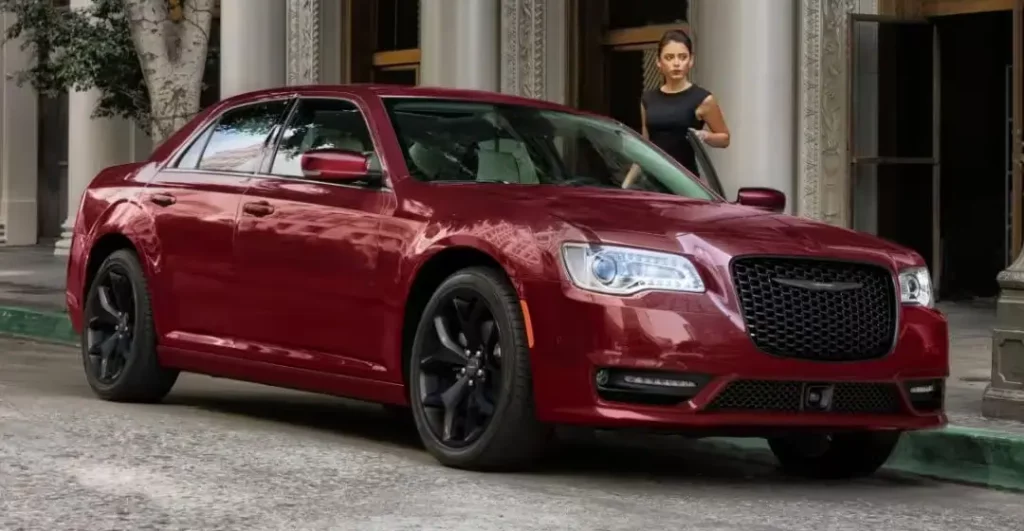
2. Buick Encore GX
Buick was included on TopSpeed’s list of the “15 Most Unreliable Car Brands Of 2023,” with a Predicted Reliability Rating of 54 out of 100, according to an analysis by Consumer Reports. The 2023 Encore GX was cited as one the worst models to buy.
Among the issues are high average maintenance costs due to problems with the vehicle’s brakes, engine, fuel system and emissions components.
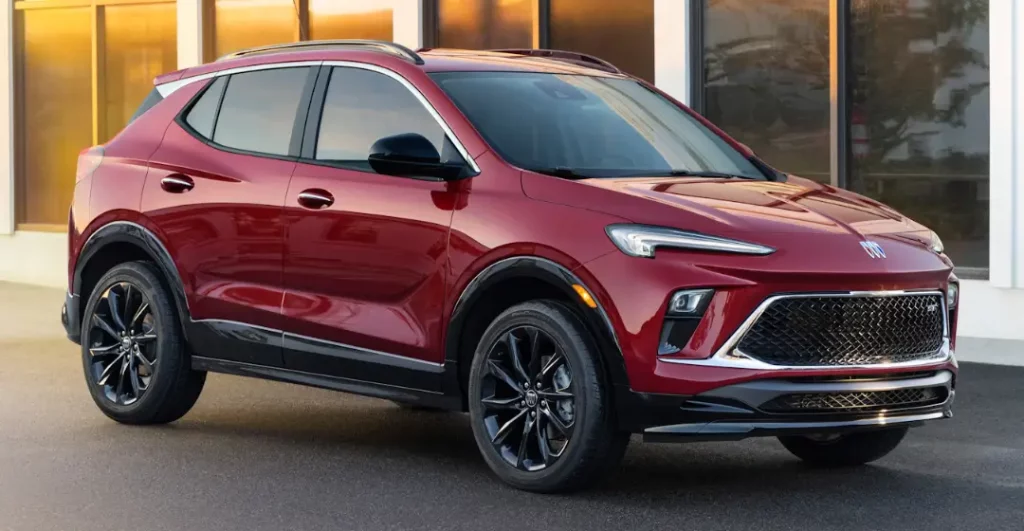
3. Dodge Caravan
This vehicle ranked No. 1 on Money’s list of cars to avoid, mainly because of poor performance and fuel efficiency. Money cited the Caravan’s “slow acceleration” despite a “potent engine.”
In addition, the Caravan “is known for its poor fuel economy” because it gets only 17 miles per gallon in the city and 25 mpg on the highway. With gasoline costs still high, fueling up can get expensive in a hurry.
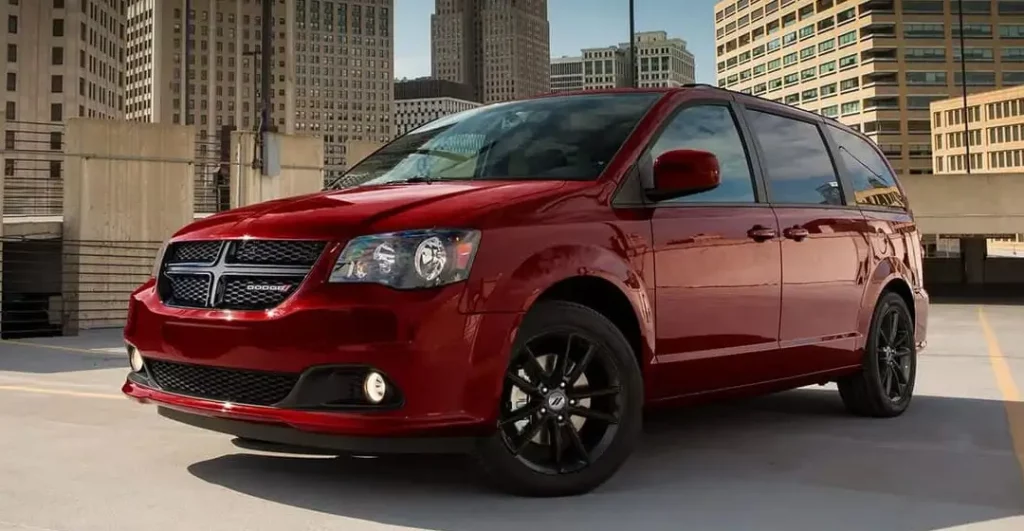
4. Cadillac XT4 Sport
The XT4 Sport landed on Motor1’s list of “Best And Worst Cars We’ve Driven In 2023 (So Far) — and in its case, it fell under the “worst” banner. In its review, Motor1 said “there’s no good reason” to choose the Cadillac XT4 over similarly priced but larger rivals such as the BMW X3, Genesis GV70 and Lexus NX.
Among the XT4’s problems are a “thrashy” engine and cramped cabin. Although Motor 1 said the Cadillac XT4 is “okay,” you’re probably better off going for a competing vehicle “unless your dealer is giving you a killer deal.”
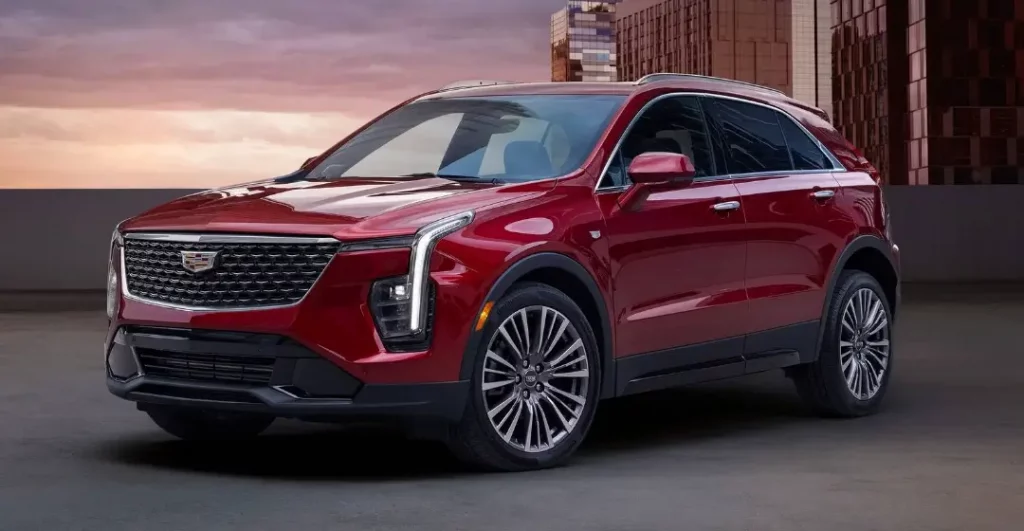
5. Lincoln Aviator
Lincoln was another entry on TopSpeed’s list of most unreliable car brands, with a Predicted Reliability Rating of 54/100. The worst models cited were the 2023 and 2021 Aviator.
According to TopSpeed, the Aviator has had “more than its share of problems.” Those problems spread throughout the vehicle and range from the electronics, drive system and suspension to the steering system, paint, trim, seals and electrical system.
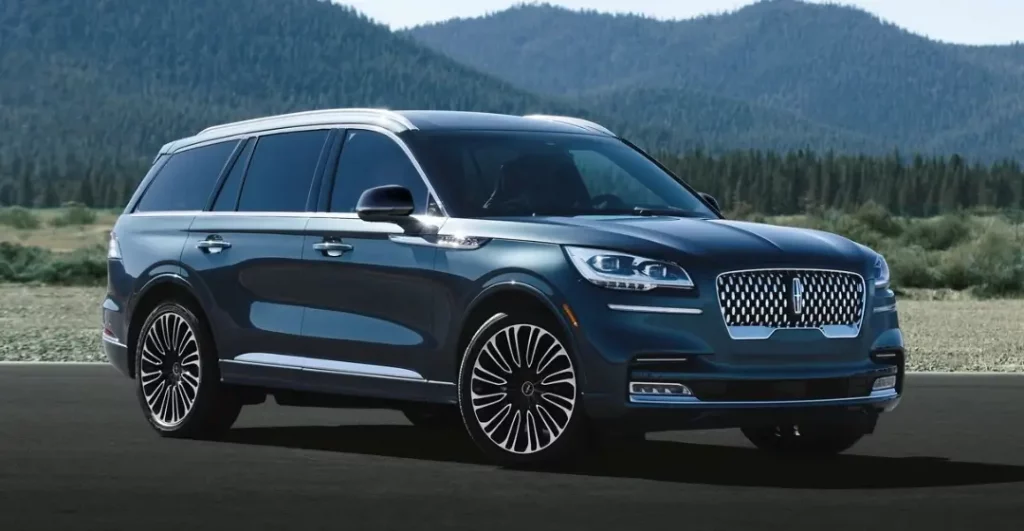
Conclusion
In today’s market, being an informed consumer is more critical than ever. With high prices and rising interest rates, the importance of choosing a reliable and cost-effective vehicle cannot be overstated.
The cars listed above, despite their brand reputation or appealing features, have significant drawbacks that might lead to unexpected costs and frustrations.
Before making a final decision, it’s always advisable to conduct thorough research, consider alternatives, and perhaps, look beyond the brand name.
After all, isn’t it better to invest in a car that brings peace of mind rather than unforeseen troubles? What are your thoughts on finding the balance between brand loyalty and practicality in car buying?

